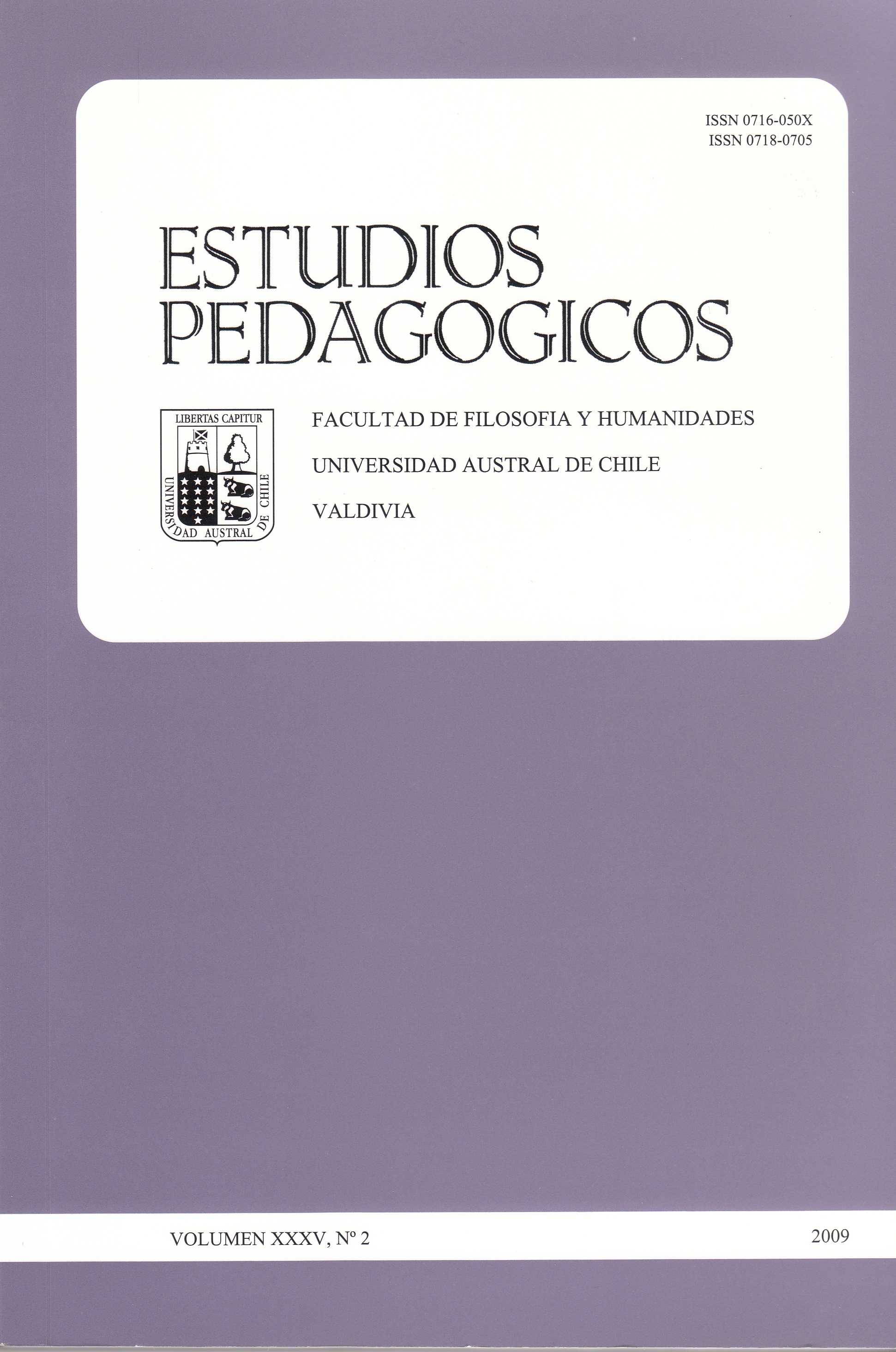The architecture of fiction and the child reader Conjectures about the articulation process in the literary understanding
Main Article Content
Abstract
This article examines the intervening process by which the children reader establishes a dialogue with the literature fiction's worlds, highlighting the psychological and textual mechanisms that operate on the literary infantile competition's base. The authors articulate the concepts of "enunciative pact" and "decoupling mechanism", coming from the literary theory and psychology, respectively, in order to conjecture an explanation about the process that allows the children to assume the enunciates of fiction even when these be denotatively empty and does not correspond to a referent from the reality. At the same time, the propose is that the reading of literature in infancy would be able to opérate like a tool of "emotional literacy", through the recognition of emotions and experiences from fiction, and the correspondent projection in the infantile vital experience.

